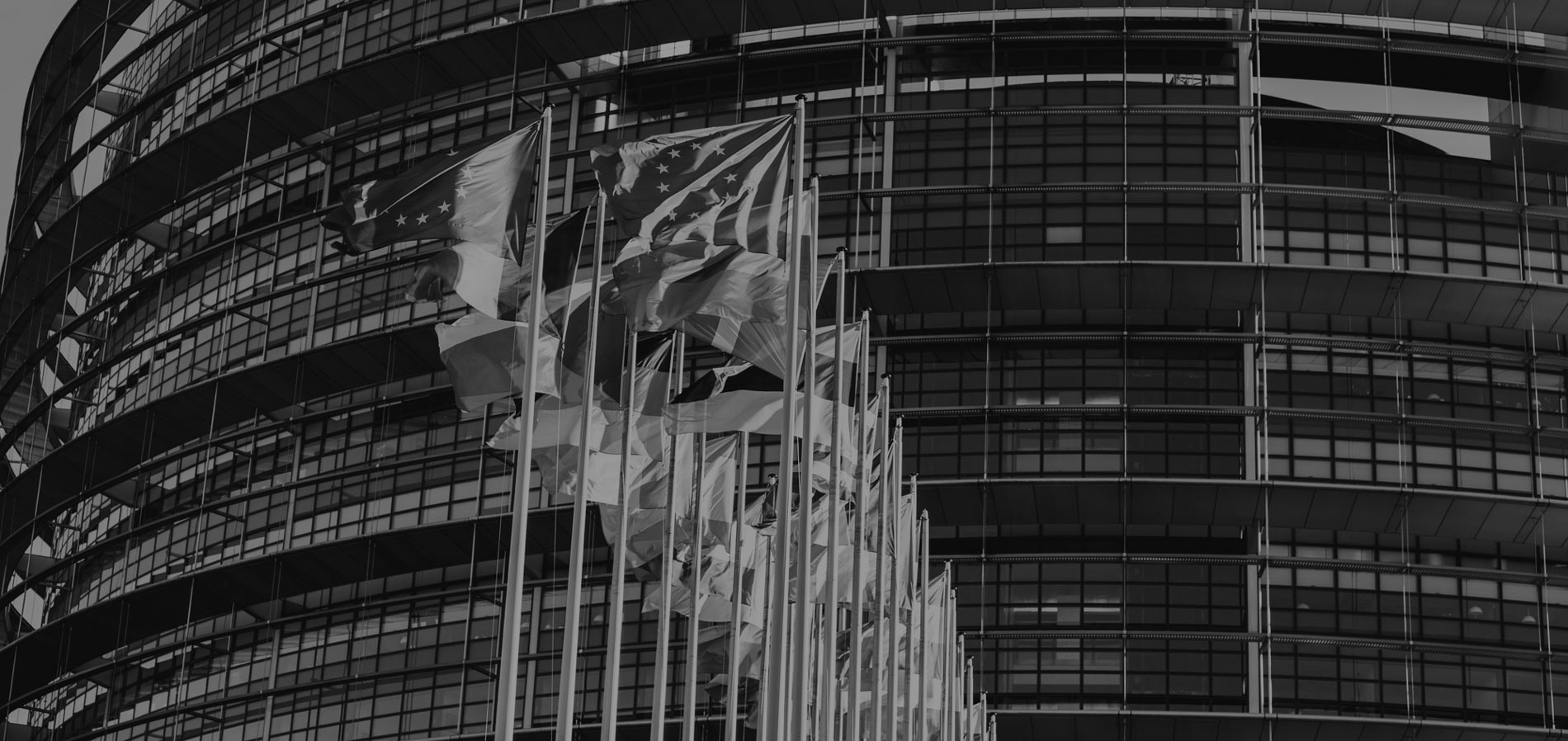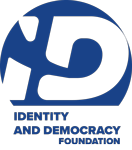Elections in South Africa: towards civil war?
Every Monday morning, you can listen the director of the Identity and Democracy Foundation on Ligne Droite, Radio Courtoisie’s morning show, followed by his column on our website. This week, we focus on the electionin South Africa.
Watch the video:
On May 29, South Africa’s parliamentary elections took place against a particularly explosive backdrop of community tensions. For the first time since the end of Appartheid, the African National Congress (ANC), founded by Nelson Mandela, lost its majority in Parliament. South Africa is now in a period of negotiation to form a coalition government, while the spectre of civil war still threatens the country.
A country marked by communal tensions
South Africa has long been a settlement colony, with European settlers mainly from the Netherlands (Afrikaners) and, to a lesser extent, England. Today, the country’s population is around 80% black, 7% white and 8% coloured, a term used to describe people of mixed race. In addition, there is great diversity within the country’s indigenous black Bantu populations. The Zulus in the south-east of the country cultivate a nationalism based on the memory of the Zulu Empire’s domination of the region until the arrival of the Europeans.
With the end of apartheid in the 1990s, Nelson Mandela’s ANC seized political power and a black bourgeoisie with strong ties to the party emerged. At the same time, however, economic power remained in the hands of the white bourgeoisie, and the majority of the black population continued to face extreme poverty. The gradual abandonment of the ANC’s promises of social justice and the corruption of the government have led to widespread violence that is undermining the country. In particular, anti-white violence has developed dramatically. Isolated white farmers are regularly targeted in attacks by blacks, accompanied by acts of pillage, rape and murder, sometimes involving entire families. In addition to this interpersonal violence, the ANC’s expropriation of land and, above all, its discriminatory hiring practices against the white population have led to extreme poverty among the white working classes. South African society is one of the most violent and unequal in the world. Deep inequalities persist between ethnic groups, with whites on average far richer than blacks, and within communities. Among blacks, elites mainly from the ANC have grown richer, while the working classes remain massively poor. On the white side, the elites have retained economic power, while the working classes are the victims of extreme racist violence and are reduced to poverty by ANC laws.
The political fracturing of the country
For a long time, the political divide in South Africa was fairly straightforward: on one side, a Marxist-inspired black left, dominated by the ANC and tending to favor Russia and China, and on the other, a liberal white right, favoring the West and represented by the Democratic Alliance (DA). However, as social and community tensions have risen, the political spectrum has fractured. On the black left, faced with the ANC’s inability to resolve economic problems, insecurity and corruption, new, more radical political forces developed, starting with the Economic Freedom Fighters (EFF), an organization combining a Marxist-Leninist discourse with black nationalism that was openly racist towards whites. Not hesitating to call for the driving out and even the killing of whites, the EFF takes its inspiration from Zimbabwean dictator Robert Mugabe, who drove all whites out of the country when he came to power, plunging Zimbabwe into misery and famine. On the white right, the inability of the moderate Democratic Alliance to propose a response to the violence affecting farmers and the working classes has led to the emergence of more conservative political forces. Anger, present in all communities, at immigration from neighboring African countries has also strengthened these new national-conservative forces.
At the same time, separatist movements have emerged. The western part of the country, around the Cape of Good Hope, is predominantly white and Afrikaner-speaking. Among these populations, new political forces are emerging to call for the creation of a new state bringing together whites and coloureds. Finally, Zulu nationalism was gaining strength and increasingly taking on the air of separatism. For a long time, the Inkatha Freedom Party (IFP) was the sole representative of this nationalism, but it has recently been joined by a new political formation, the Spear of the Nation (Umkhonto we Sizwe – MK), led by the former Zulu president of the ANC and South Africa, Jacob Zuma. This new party is seeking to take over the Zulu territories from the ANC.
General election results
There were a number of important points to note: firstly, the ANC lost its majority with 40% of the vote. This is the first time since the end of apartheid that the ANC has not had a majority in the South African parliament. The Democratic Alliance and EFF remain stable, while the separatists are on the rise. On the Zulu side, Umkhonto we Sizwe succeeded in taking over Zulu territories from the ANC, while in Cape Town, white and colouredseparatists made progress.
Deprived of a majority, the ANC had to create a coalition government. Two political possibilities exist. The first would be a grand coalition of national unity with the Democratic Alliance (and perhaps other parties such as the Zulu Inkatha) to try to ease tensions in the country. A coalition between the ANC and the various black nationalist parties (EFF or Umkhonto we Sizwe) would also be possible, but such a government would obviously heighten tensions between the different communities, especially if the EFF, which regularly calls for the killing of whites, were to enter government. The first option seems the most likely, but it is unlikely that such a government would be able to address the concerns of South African society. In any case, the country remains on borrowed time, and the opposition is unable to offer a real alternative. It seems more and more likely that the only solution to avoid a conflagration and civil war would be a peaceful partition of the country, with the creation of a white, “coloured” country around the Cape of Good Hope, and the maintenance of an almost exclusively black-African state in South Africa, with perhaps some autonomy for the Zulus. South Africa, long held up as a model of reconciliation and coexistence between communities, may not survive long after Nelson Mandela’s death.






